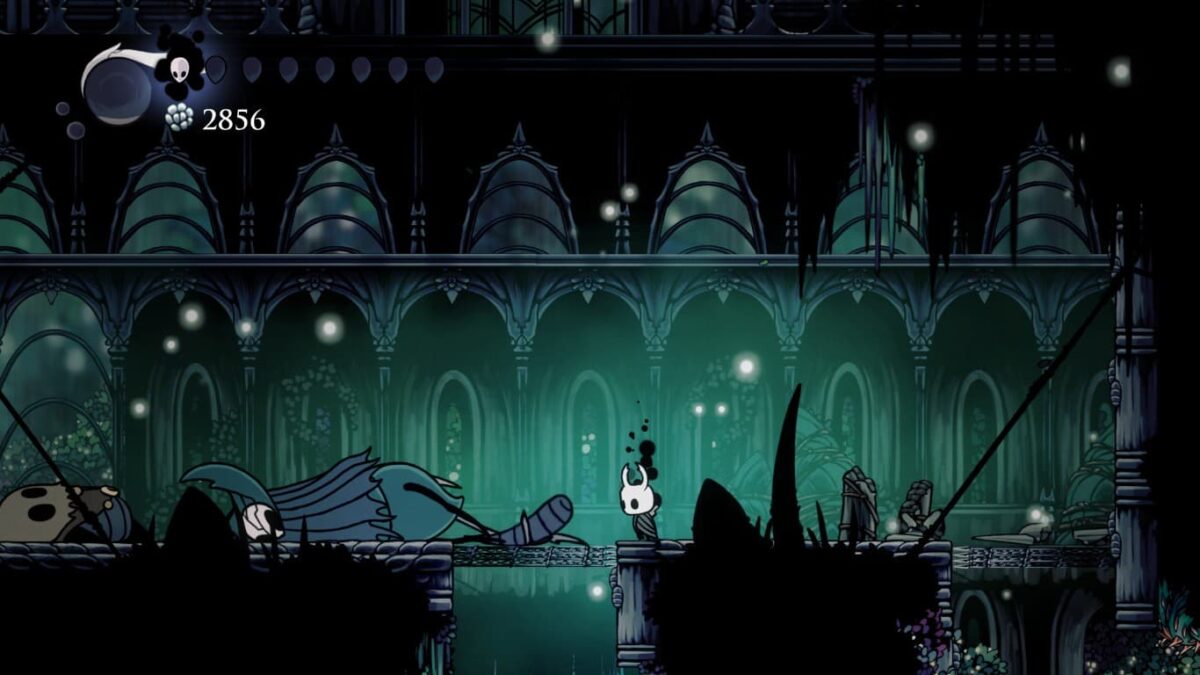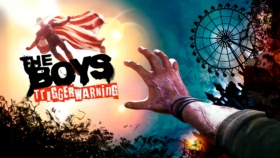2025 has been the year of the indie hits. While billion-dollar heavy developers and publishers keep stumbling over their own ambitions and greed, titles like Hollow Knight Silksong have quietly become one of the most important and talked about stories in gaming.
There was no nine-figure marketing campaign, no flashy, cinematic reveal – Silksong stood tall precisely because it didn’t need any of that.
Team Cherry’s sequel to one of the best Metroidvania games of our time, sold 3.2 million copies on Steam alone, in less than two weeks. That doesn’t even include console sales or Game Pass numbers, this is really just on PC.
But what does that mean for AAA development in 2025? Do developers and publishers in that space have a right to be upset, or simply shake in their boots? How did three developers in Adelaide just outsell multimillion-dollar projects?
Indie Success in the Age of Blockbusters
The success of Silksong showed us one thing – there is still a target demographic for smaller, more intimate, yes, sometimes streamlined titles, that don’t take up half of your life to finish. Games with astronomical budgets and endless dev cycles have been shoved out the door in half-finished states.
Even games like Starfield, previously incredibly hyped, have been received with little fanfare.
Meanwhile Silksong didn’t need to reinvent marketing. The good will of the players, earned by an incredibly beloved prequel and the lack of live-service promises and cinematic trailers every quarter might just have been the best marketing campaign Team Cherry could’ve wished for.
The reputation of Hollow Knight carried Silksong to the front page of every storefront, social feed and forum, and when players finally got their hands on it, the product did one thing, and one thing only; it held what it promised.
Hollow Knight Silksong Sales Numbers
Let’s speak numbers, in particular Silksong’s numbers, into perspective.
Three million copies in two weeks doesn’t just make it the one of the best-selling indie games of the year – it puts it in the same launch window conversation as Alan Wake 2 and Dragon Age: Veilguard, both of which had marketing campaigns that could have funded Team Cherry’s studio for decades.
Even more striking is how Silksong managed this without microtransactions, DLC roadmaps, or the kind of corporate tie-ins that AAA studios rely on. Every sale represents a straightforward transaction: players bought the game because they believed in it. Compare that to the way AAA often pads numbers with deluxe editions, season passes, and monetization hooks.
For context, Ubisoft’s Star Wars Outlaws pulled in about five million players at launch across multiple platforms, and with Game Pass help. That’s bigger, yes – but not dramatically so, considering the disparity in team size and resources. When you consider development cost per copy sold, Silksong might be one of the most profitable games of the year already.
The Future of AAA: Should Big-Budget Devs Learn From Team Cherry?
Silksong showed that it doesn’t need a ginormous team, huge marketing campaigns or flashy trailers, to keep a player’s interest.
We’re simple creatures after all and we doubt that the core hook for most gamers has changed significantly since the ‘90s, where we didn’t have YouTube channels and big outlets telling us which games to buy.
AAA games may have lost their soul in some respect, but they are far from ‘dead’ as some media would like you to believe.
Silksong’s success does prove there’s a hunger for games that feel lovingly crafted, rather than manufactured to appeal to the largest demographic possible.






